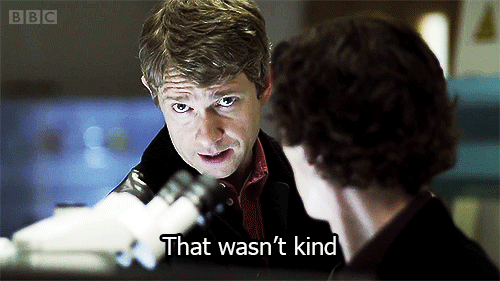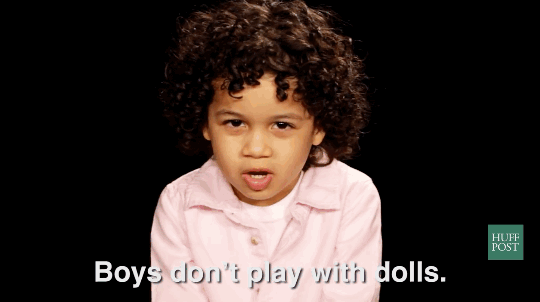As many SCU students know, before graduation, you are required to take a class with an ELSJ, or Experiential Learning for Social Justice, requirement. I decided to take a developmental psychology class, and as a result, was placed in a daycare for preschool-aged children. Over the eight weeks I volunteered, I learned many things about the nature of preschoolers, a few of which were particularly surprising:
1. Preschoolers can be mean
The other day, I had a girl poke my stomach and say “Are you pregnant?” There are two aspects at play here; They have not developed the social skills to know what is or is not appropriate to say and they do not have much of a filter, so they simply say what is on their mind at that exact moment.
Additionally, not only can they be mean to volunteers and teachers, they can also be aggressive towards other kids. I can’t tell you how many times I saw someone get kicked, hit, or thrown at. Along the same lines of a preschooler not having a filter for their words, they also do not have a filter when it comes to their physical acts of aggression; this is partially due to their tendency to be impulsive.
This is also a phase where many kids are struggling to grasp the “use your words” idea.
2. Preschoolers will remember you… sort of
I volunteered for two hours every week, for eight weeks straight. By the third or fourth week, I knew each kid’s name. During my time with the kids, I would repeatedly introduce myself; yet by the eighth week, they still didn’t know my name. Many of them recognized me by referencing to something we did together the week prior.
There was one kid who I would play “duck duck goose” with— although he always pronounced it “duck duck doose”— so each week as I walked in the door, he would say “can we play duck duck doose?”
At one point during the quarter, I was sitting with a girl and she started playing with my hair; the subsequent weeks, I would also spend some time sitting on the play structure while she “braided” my hair— which was more like twisting and tangling pieces together.
3. You have to be careful about promoting gender stereotypes
I started self-identifying moments where I would promote a gender stereotype, whether I suggested a boy go play with legos and a girl go play in the “cocina” (kitchen) or complimented a girl by saying “oh I love your pink dress.”
These small comments can contribute to a child’s gravitation towards certain activities or interests simply based on advisements from adults based on stereotypes about their biological sex.
Although I experienced my fair share of uncomfortable moments, I always looked forward to heading back each week. My placement was a great way for me to escape the SCU bubble and realize what it is like to be a participant in my community.
And even though I do not foresee interacting with preschoolers regularly in my future career, I do hope that I can continue to learn from these individuals who-- albeit tiny-- are the future leaders of our country.






















